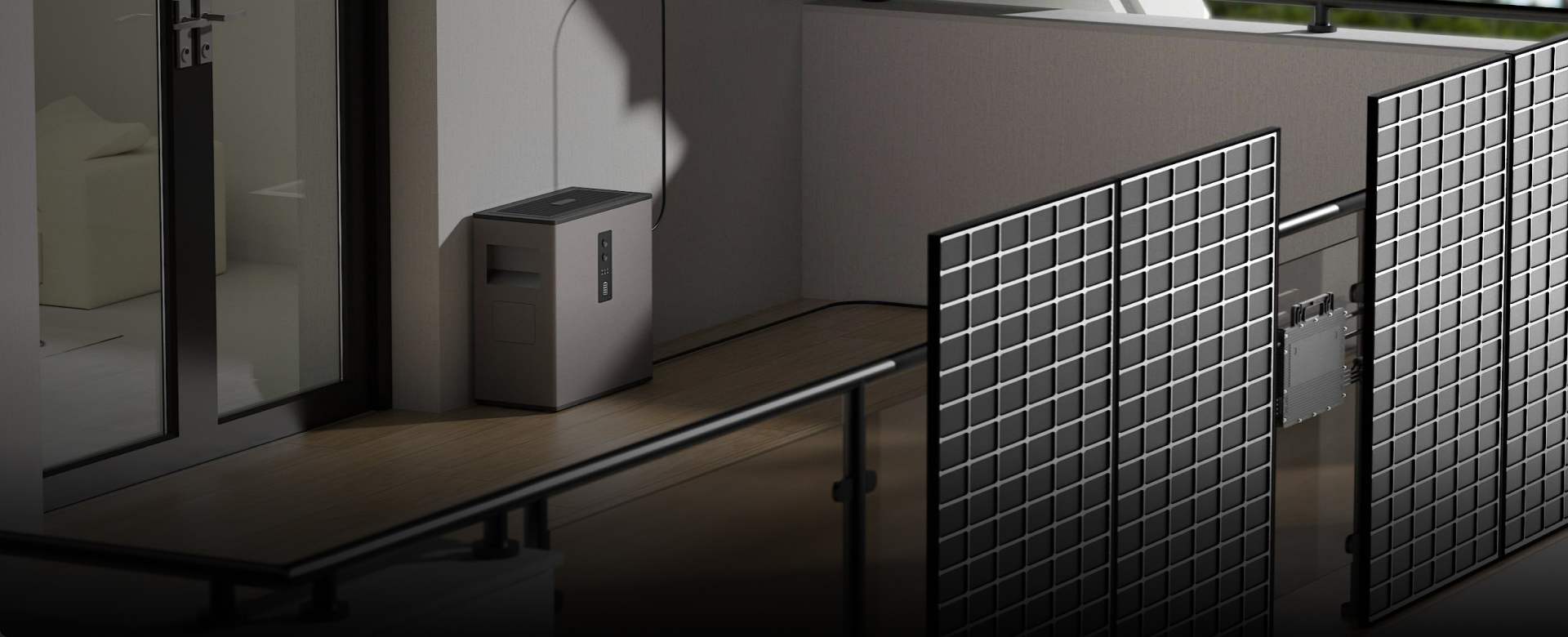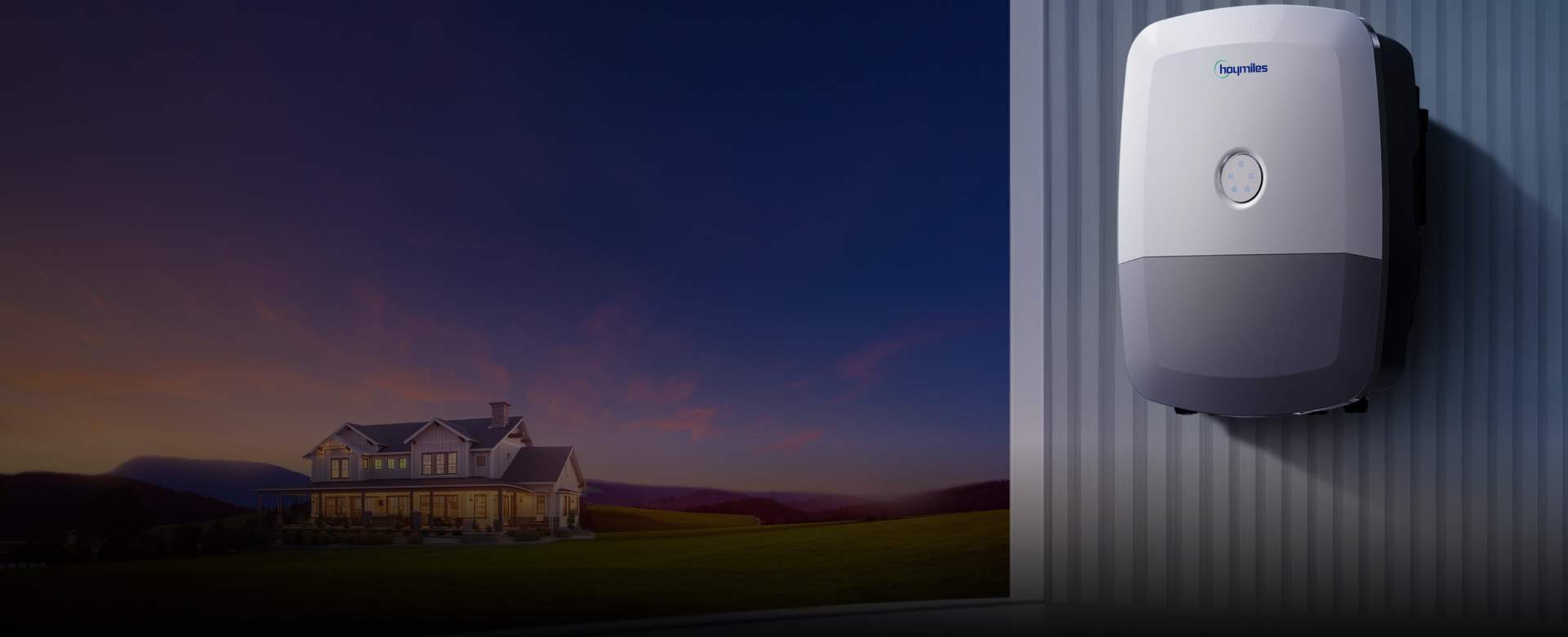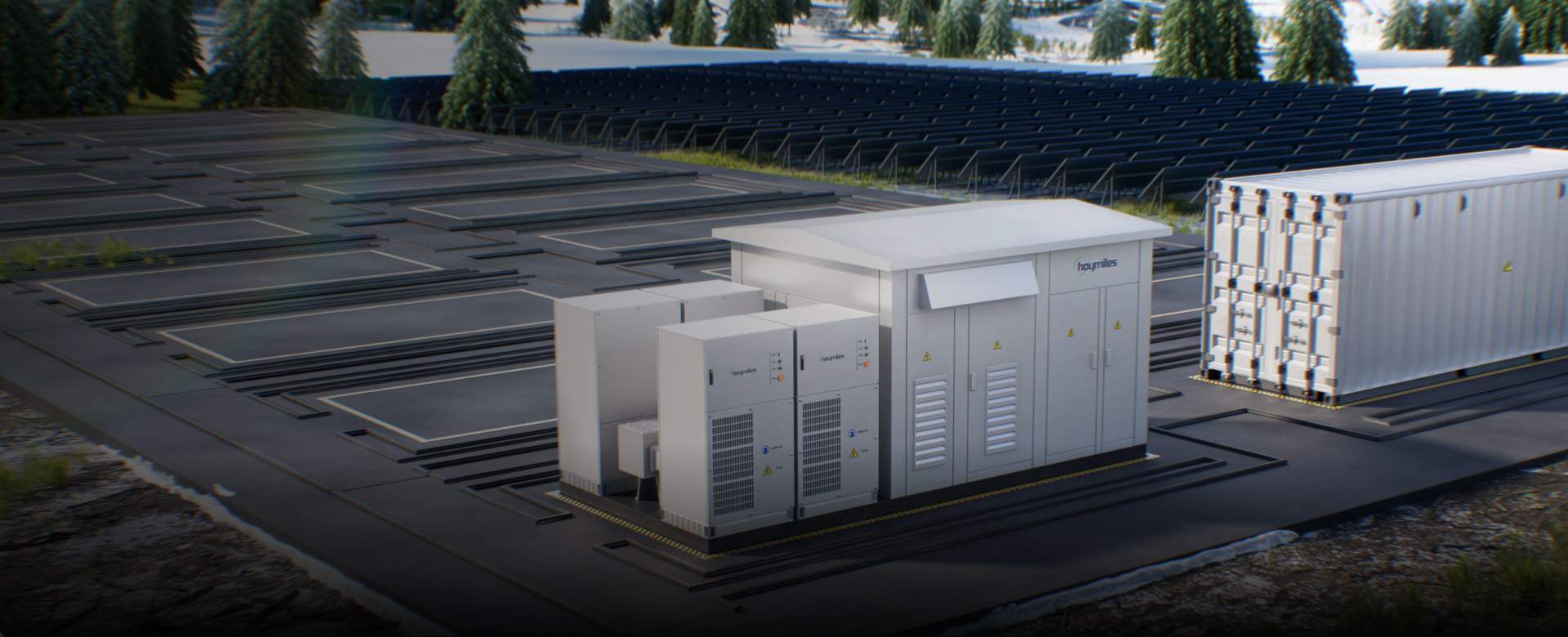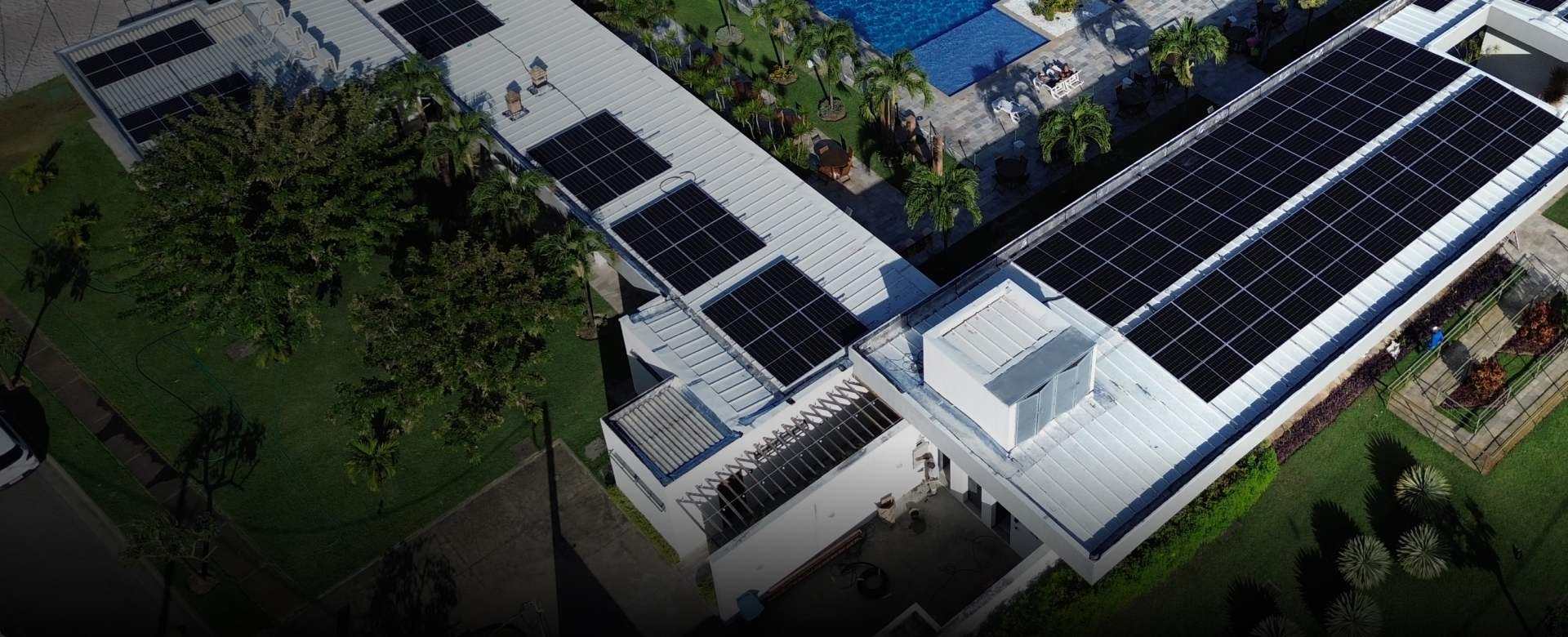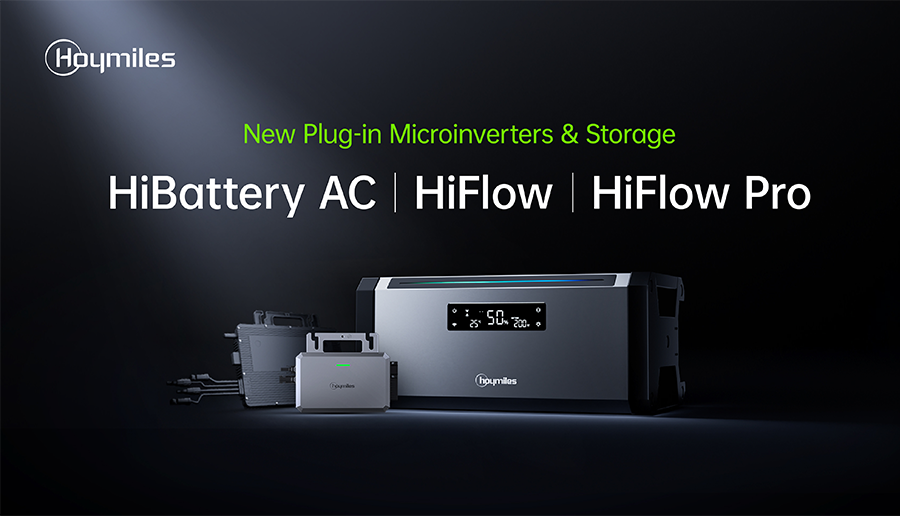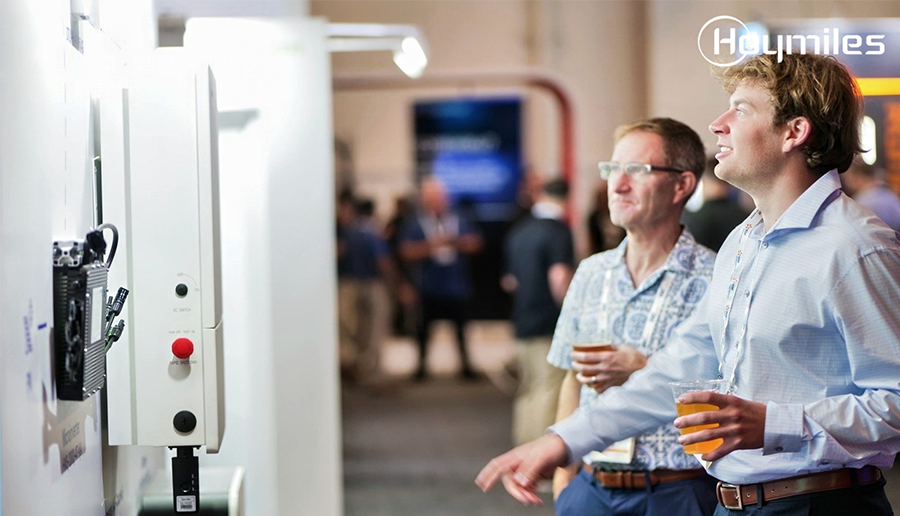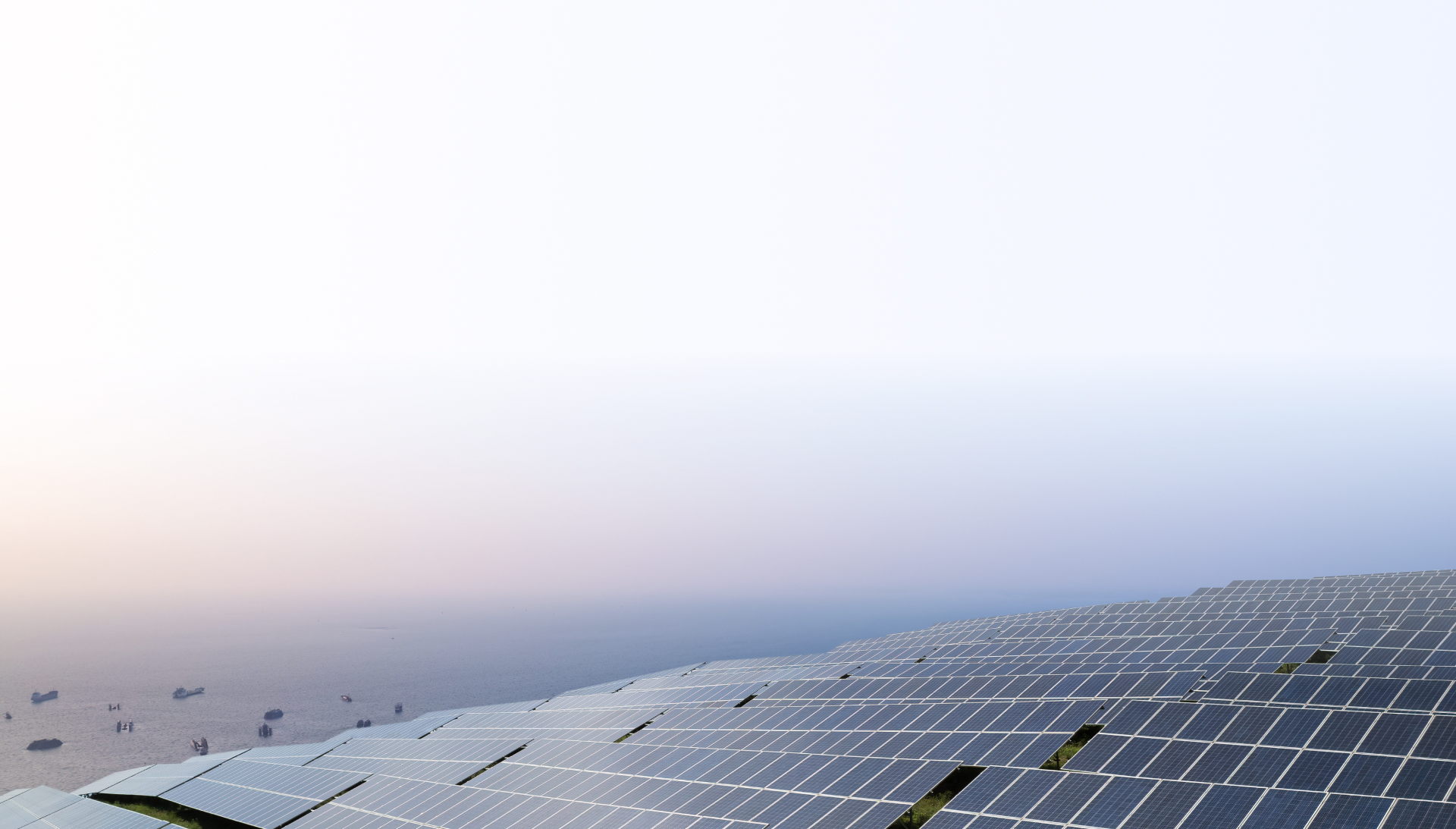
We are Hoymiles
Hoymiles, a global solar & storage innovator, delivers smart energy solutions around the world through engineering excellence, advancing open energy accessibility for all.
-
2012
Hoymiles Established
-
35%+
R&D Staff
-
190+
Countries & Regions with Installation
-
1900+
Global Employees
Products & Solutions
Success Stories
-


-

 Residential PV
Residential PVCapacity:30 kW
Product:HMS-2000-4T
Location:Thailand, Mueang Samut Prakan district
-


-


-
DIY
-
Residential
-
Commercial
-
Utility
Latest News
-

 Hoymiles Showcases Smart Energy Solutions at REI Expo 2025November 11, 2025Read More
Hoymiles Showcases Smart Energy Solutions at REI Expo 2025November 11, 2025Read More -

 Hoymiles and BM Energy Deepen Partnership with a Successful Installer Tour in Hangzhou HeadquartersOctober 22, 2025Read More
Hoymiles and BM Energy Deepen Partnership with a Successful Installer Tour in Hangzhou HeadquartersOctober 22, 2025Read More -

 Hoymiles Launches S-Miles AI Assistant for Smarter, Faster, Always-On Solar SupportOctober 15, 2025Read More
Hoymiles Launches S-Miles AI Assistant for Smarter, Faster, Always-On Solar SupportOctober 15, 2025Read More -

 Hoymiles brings Hi Series products to Europe, making energy independence simple and affordableSeptember 22, 2025Read More
Hoymiles brings Hi Series products to Europe, making energy independence simple and affordableSeptember 22, 2025Read More -

 Hoymiles Joins BayWa r.e.’s Residential Portfolio to Expand Quality Solar Product Offerings to Installers in FranceSeptember 12, 2025Read More
Hoymiles Joins BayWa r.e.’s Residential Portfolio to Expand Quality Solar Product Offerings to Installers in FranceSeptember 12, 2025Read More -

 Hoymiles Unveils Tier 1 Energy Storage Solutions at RE+ 2025 in Las VegasSeptember 12, 2025Read More
Hoymiles Unveils Tier 1 Energy Storage Solutions at RE+ 2025 in Las VegasSeptember 12, 2025Read More
01/01





